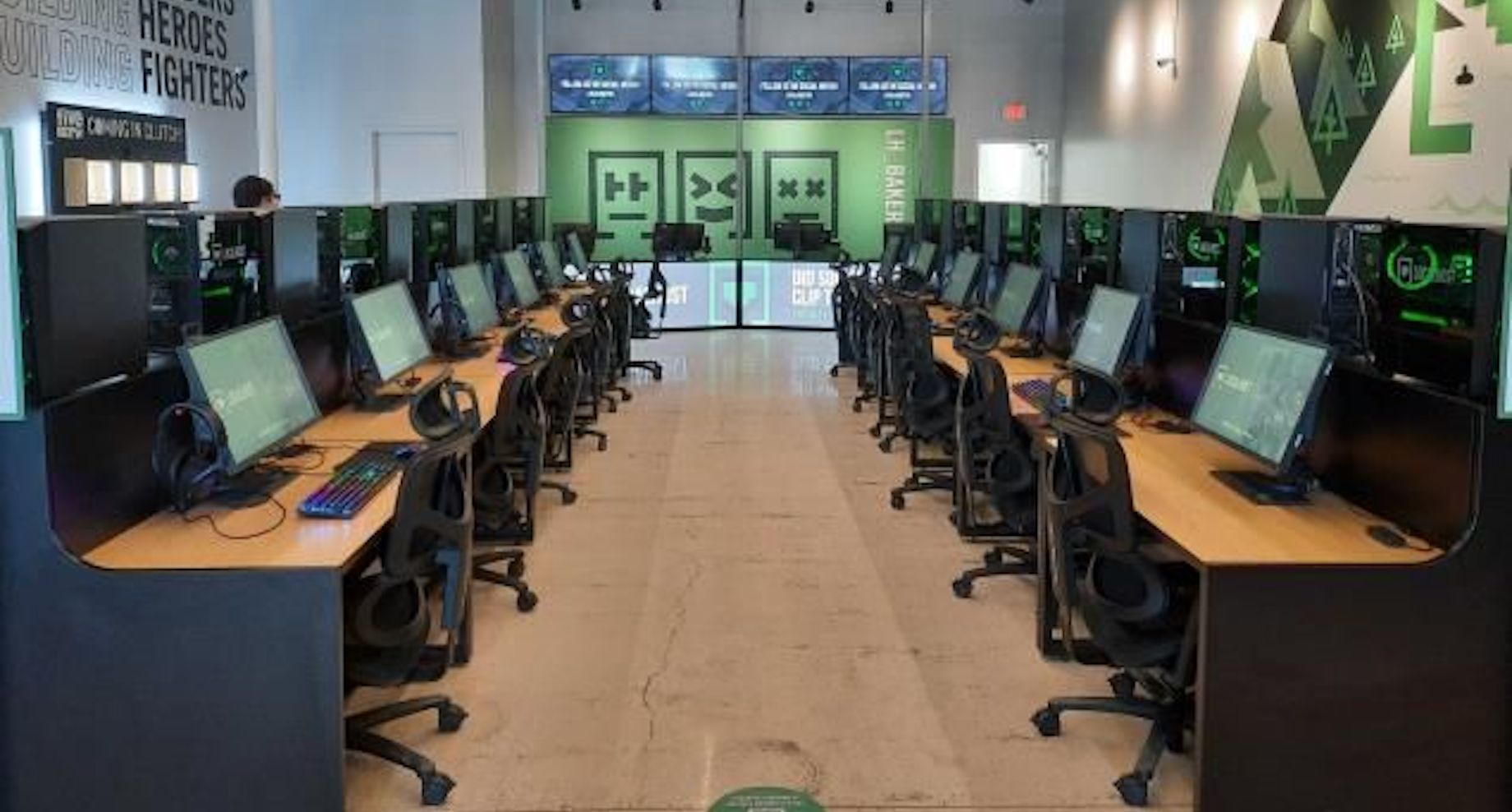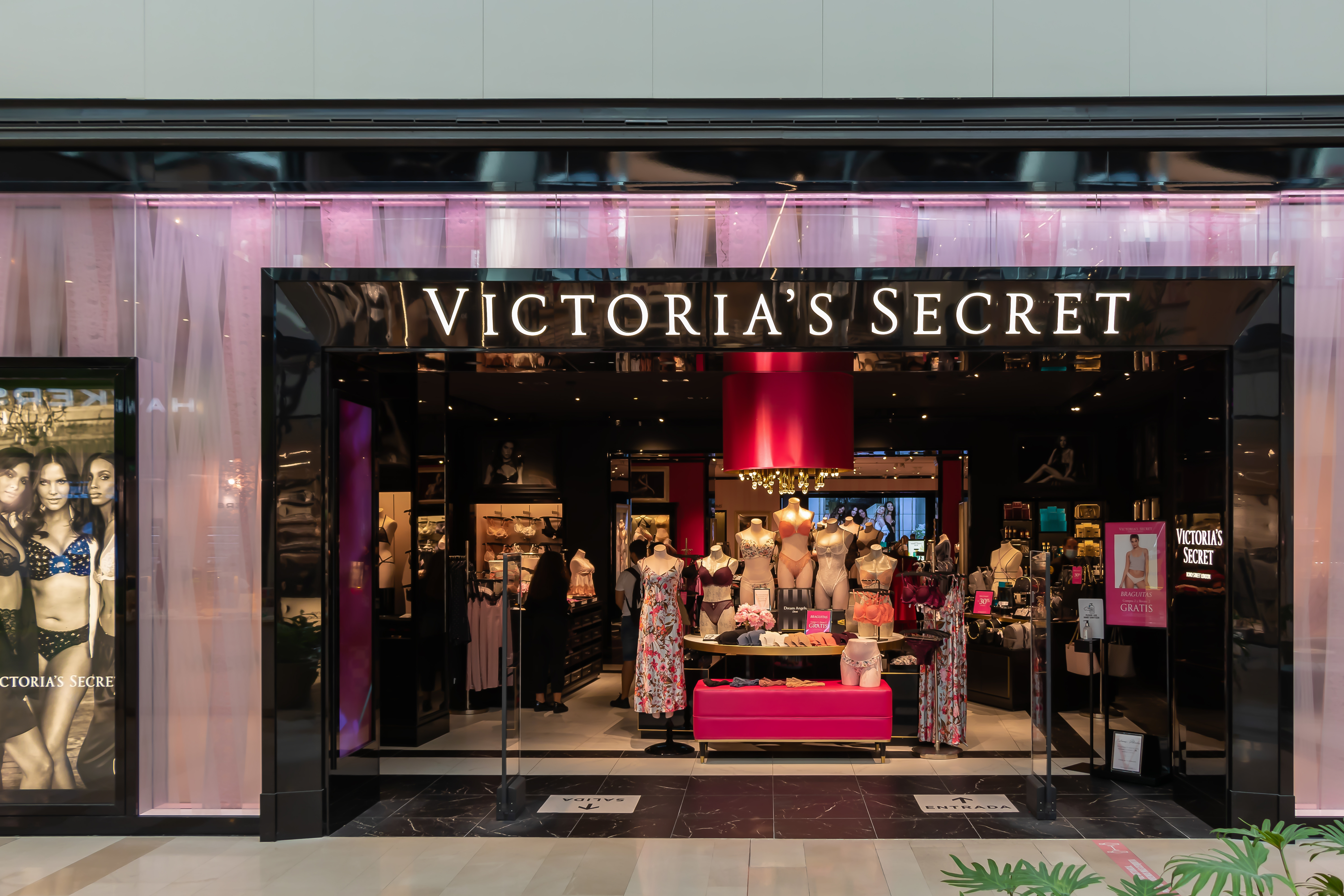Simon adds Eddie Bauer to brand portfolio
What do retailers Aeropostale, Brooks Brothers, Forever 21 and JCPenney have in common? They’re all owned in part by the largest U.S. mall landlord, Simon. Simon increasingly is taking stakes in tenants at its properties that it feels could benefit from new management. This week, the REIT announced a deal with licensing firm Authentic Brands Group to purchase outdoor clothing and gear seller Eddie Bauer from Golden Gate Capital for an undisclosed amount, adding the well-known brand to the landlord’s closetful of iconic retail names. Eddie Bauer operates 370 stores. Last year, Simon teamed with fellow shopping center operator Brookfield Properties to buy department store chain JCPenney. Simon made its first major investment in one of its tenants in September 2016, paying — along with Authentic Brands Group and General Growth Properties, now a part of Brookfield Properties — $243.3 million for teen apparel retailer Aeropostale.
Can food-and-beverage subscription plans boost in-store traffic?
Convenience store chain Circle K is joining the likes of Burger King and Panera in testing subscription concepts. For the past three months, the company has been piloting at 100 stores in Georgia and South Carolina a beverage subscription program that charges $5.99 per month for one tea, coffee, slushie or fountain drink per day. So far, customers who have signed up are coming in to those stores more frequently and making more food purchases, too, the company says.
Expanding into brick-and-mortar
The RealReal, an online marketplace for secondhand luxury goods, said its portfolio of physical stores will grow to 10 by the end of June. The company opened three stores in its first quarter, in Brooklyn, New York; Newport Beach, California; and Greenwich, Connecticut. Meanwhile, the company said its base of first-time shoppers climbed 34 percent during the quarter. Two more stores are opening this month, in Austin and Dallas.
“Game-changing” new tenant

Esports concept Localhost opened a location at Brixmor’s Bakersfield Plaza in California last week. Localhost, owned and operated by Nerd Street Gamers, provides a training ground for gamers, offering professional-grade equipment, community events, bootcamps and tournaments
L Brands is separating its brands
Retail conglomerate L Brands will separate its Victoria’s Secret and Bath & Body Works brands into two publicly traded companies through a tax-free spinoff that should be completed in August. The decision follows a failed quest by L Brands to find a buyer for the iconic Victoria’s Secret lingerie brand. Multiple potential buyers expressed interest, but none offered more money than the company would be worth as its own focused entity, according to the L Brands board. L Brands CEO Andrew Meslow will remain in the position and will lead Bath & Body Works following the spinoff. Martin Waters will continue as CEO of Victoria’s Secret.

Consumers are buying luxury again
Pent-up demand for high-end apparel and accessories is driving sales at luxury retailers as consumers emerge from pandemic lockdown. North American sales for French luxury retail conglomerate Kering climbed 46 percent year over year in the first quarter, while the company’s flagship brand, Gucci, saw a 51 percent increase of its retail sales in the region. And at LVMH’s Tiffany & Co., same-store sales grew by 30 percent year over year in the first quarter, which ended March 14, to $16.7 billion. Meanwhile fiscal-third-quarter sales in North America have returned to pre-pandemic levels at Coach, according to parent company Tapestry. “While the environment remains volatile, we see encouraging signs of recovery as vaccination efforts progress, resulting in increased consumer confidence, strong demand for our categories and improving in-store traffic trends,” said Tapestry CEO Joanne Crevoiserat.
Restaurants are back on menu
U.S. consumers are hungry to dine out. Spending at restaurants grew 118.8 percent in April compared with the same month in 2020, when widespread shutdowns tanked the industry, according to Mastercard SpendingPulse, which measures in-store and online retail sales across all forms of payment. Restaurant sales were up 5.7 percent in April compared with April 2019, the company said. Consumers apparently still want to keep their restaurant visits short. Sales at limited-service restaurants, including fast-food chains like McDonald’s, rose 21.7 percent compared with 2019, outpacing their full-service counterparts, which were down 13.5 percent.
By Brannon Boswell
Executive Editor, Commerce + Communities Today